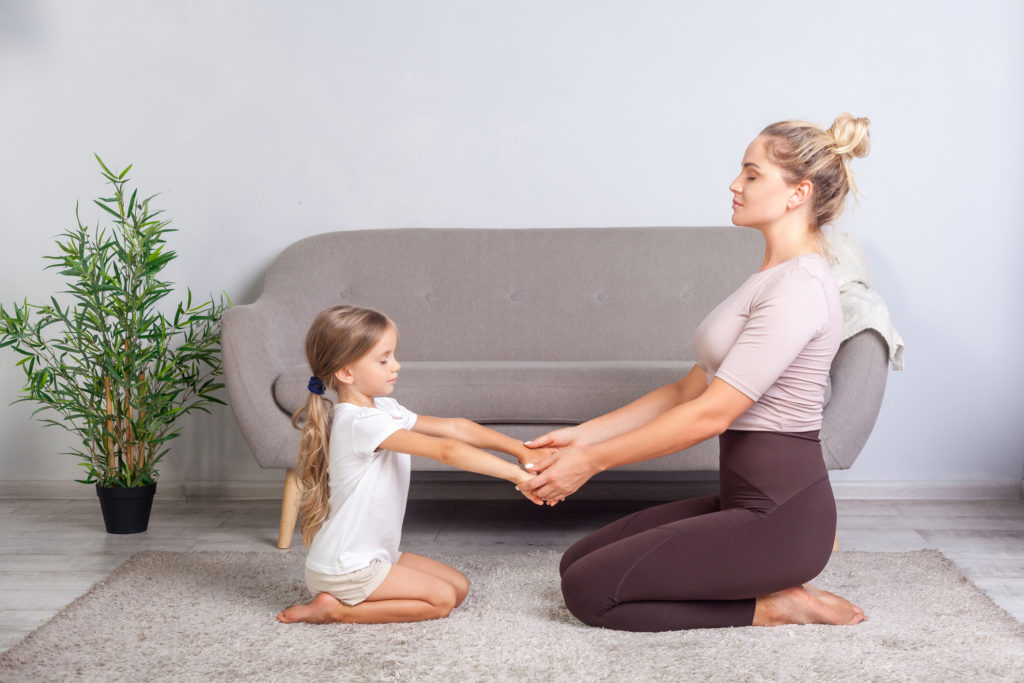Parenting for More Effect: Impart and Implement II: Breathe
Stephen Walters, M.Div., M.A.

Last quarter, I wrote a blog starting a series on how we can parent for more effect. The hope of this series is to make 2021 a year when we move towards a thriving mindset in our parenting and our children vs the surviving mindset that we often have (especially during 2020). The first blog talked about imparting words that our children need to know: frustrated, sad, excited, anxious, disappointed, and hopeful. Then, I discussed ways to help implement these into our children’s lives.
This blog is taking the tack of imparting and implementing as well through the lens of breathing. Breathing is a very important part of our survival. We need to breathe to live. However, we often find ourselves out of breath because we get so busy, we forget to stop and breathe. I have heard that we are designed to get 80% of our needed energy through breathing. And yet, we take shallow breaths often and find ourselves losing out on energy. When any engine is lacking energy, it becomes inefficient. When we become inefficient, our ability to handle emotions and conflict becomes a struggle.
We see this with our kids. When they become frustrated or angry, they are good at breathing out (usually in the form of screaming or arguing) and struggle to breathe in. When this happens, the negative mood increases, and reasoning goes out the window! So, we need to impart in them the skill of breathing. When your kids are not upset or anxious, practice breathing with them. I like to have my kids pretend they are breathing in and out of a straw or breathe by blowing imaginary bubbles (long and slow for big bubbles or faster for smaller bubbles). I also have them learn to breath in or 5 counts, hold it for 5 counts, and breath out for 5 counts. By doing this when they are calm, they learn the skill.
Then, we implement when we start to get upset. It took awhile for this skill to become a source of comfort and not more frustration. Once it did, it has helped ease a lot of emotions and allows us to regulate in tense situations. Instead of punishments or threats when they become combative, we can breathe and regulate. This is helping to give them a skill to thrive.
So, parents, make sure you impart the skill of breathing to your kids. Then, practice it so it can be implemented when they need it. And practice it yourself. Wouldn’t you like to thrive as well? I’ll see you next quarter for part three!



